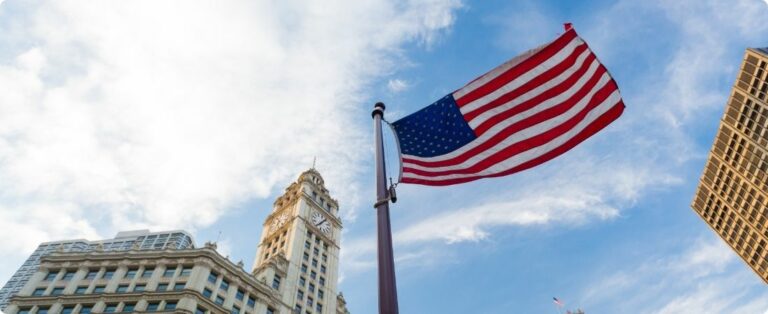From the Editor – Viviane Petroli
Photo: José Medeiros/GCom-MT
Mato Grosso has around 427 properties in Trace List of the European Union, that is, that they are qualified to export beef, according to the list updated on September 29th of this year, which appears in the Ministry of Agriculture, Livestock and Supply (Mapa).
The difference paid by some slaughterhouses to livestock farmers for an animal tracked (qualified) for the European Union arriving is approximately R$ 2 per arroba, compared to the amount paid for the animal destined for the national market or general list of exports, such as Iran, Jordan.
This week the cash price of cattle in Mato Grosso averaged R$ 133.24, varying between R$ 129.89 in Juara and R$ 136.39 in Rondonópolis. One arroba is equivalent to 15 kilos.
The difference between an animal destined for export to the European Union and the general list, explains the cattle purchasing manager at Marfrig, in Paranatinga, João Marcos Stefanes, is that the license belongs to the rural property.
Stefanes also explains that the animal screened for the European Union needs to undergo a nineteen on the property before going to the slaughterhouse. “Complying with the Brazilian System of Identification and Certification of Cattle and Buffaloes (Sisbov), the animal is identified for us with an earring, including the animal's identity document. Arriving here, we write off this animal, certifying that it complied with all the demands and requirements the rancher has this difference at the sign”, he pointed out to Agro Olhar.
On average, Fazenda Bonanza, from the Zanetti Group, located in Poxoréu, slaughters an average of 12 thousand heads/year for export. According to livestock farmer Anderson Zanetti, all production is destined for exports. He believes that it is worth investing in production intended for this purpose.
“Rural producers have to become more and more professional. Making export-standard meat is healthy for your wallet. There are investments, but I see the following, all the farms that invested in traceability ended up organizing themselves from the gate to the inside too”, commented Zanetti to Agro Olhar, during a visit to the Marfrig unit, in Paranatinga, on September 24th. .










